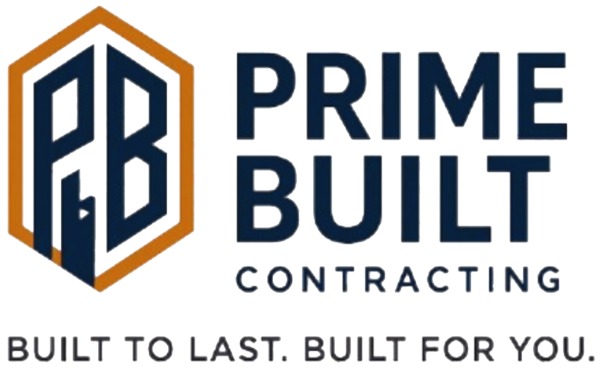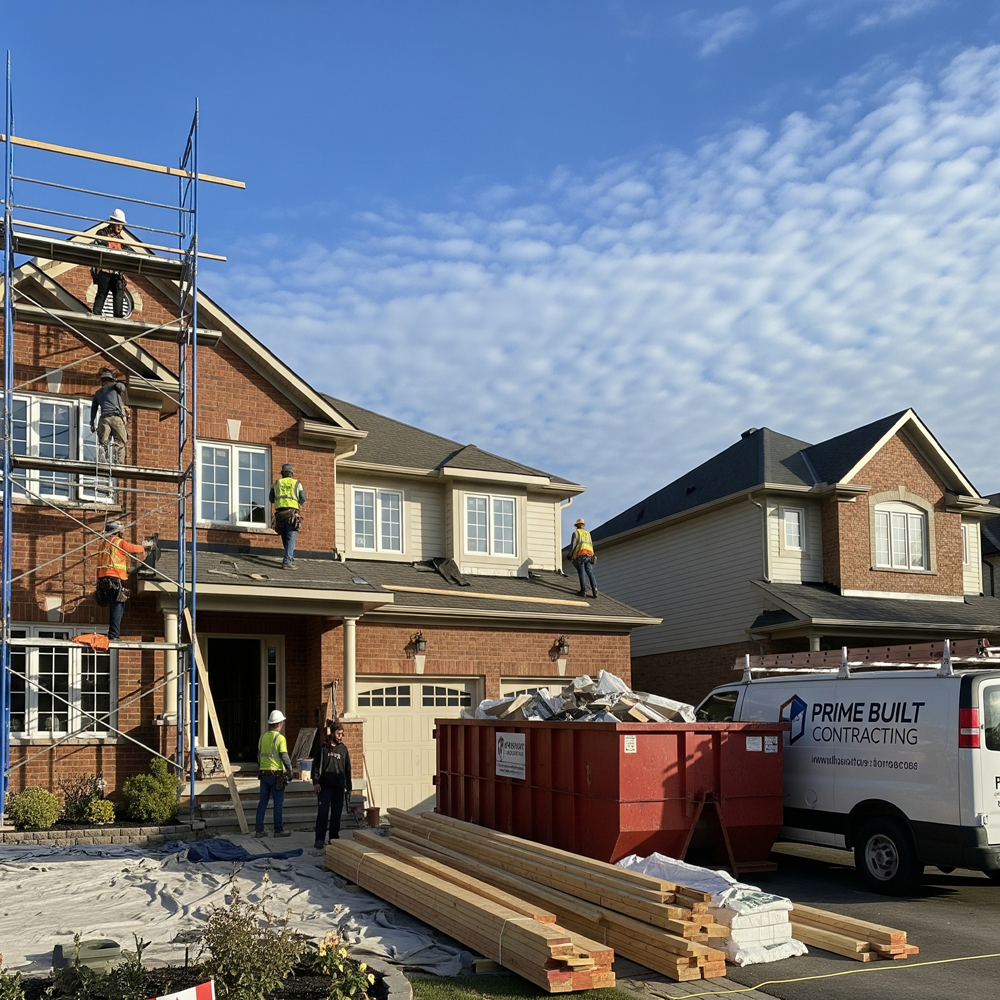Define Your Vision and Financial Limits
A successful renovation begins by clarifying what you want to achieve—whether it’s modernizing a space, improving function, or increasing home value. Prioritize your needs versus nice-to-haves to help stay focused on essentials and align your budget with your goals. Understanding your financial boundaries from the outset helps prevent overspending and keeps the project grounded.
Pesearch Costs by Room and Scope
Once your priorities are defined, research local cost averages for each component of your renovation—whether it’s cabinetry, flooring, plumbing, or finishes. Estimate by room and consider typical ranges: kitchens and bathrooms often require larger investments, while living rooms and bedrooms may cost less. This approach allows you to allocate funds intelligently across your project.
Include All Expense Categories
A realistic budget includes every category of expense: contractor or design fees, materials, permits, inspections, and even temporary accommodations if needed. By accounting for each line item—from tiny hardware to major fixtures—you can avoid budget surprises and make informed decisions as the project moves forward.
Build in a Contingency Buffer
No renovation unfolds exactly as planned. Experts recommend setting aside a contingency fund—generally 10 to 20 percent of your total budget—to cover unforeseen issues like hidden rot, outdated wiring, or material delays. On smaller projects, you may opt for the higher end of that range, while larger-scale renovations may need less.
Know Your Limits and Stick to Them
Avoid financial strains by determining what you can realistically afford—whether that comes from savings, a loan, or home equity. Use your established budget as a guiding constraint, adjusting features or scope as needed to align with financial goals. This disciplined approach helps protect both your vision and your wallet.
Review Regularly and Adjust as Needed
Budgeting isn’t a one-time task—it’s a living plan that should be checked and updated as work progresses. Track your spending in real time, adjust for any changes or unexpected items, and prioritize completing essential elements first. This ongoing awareness ensures your renovation stays on target and delivers both satisfaction and value.


